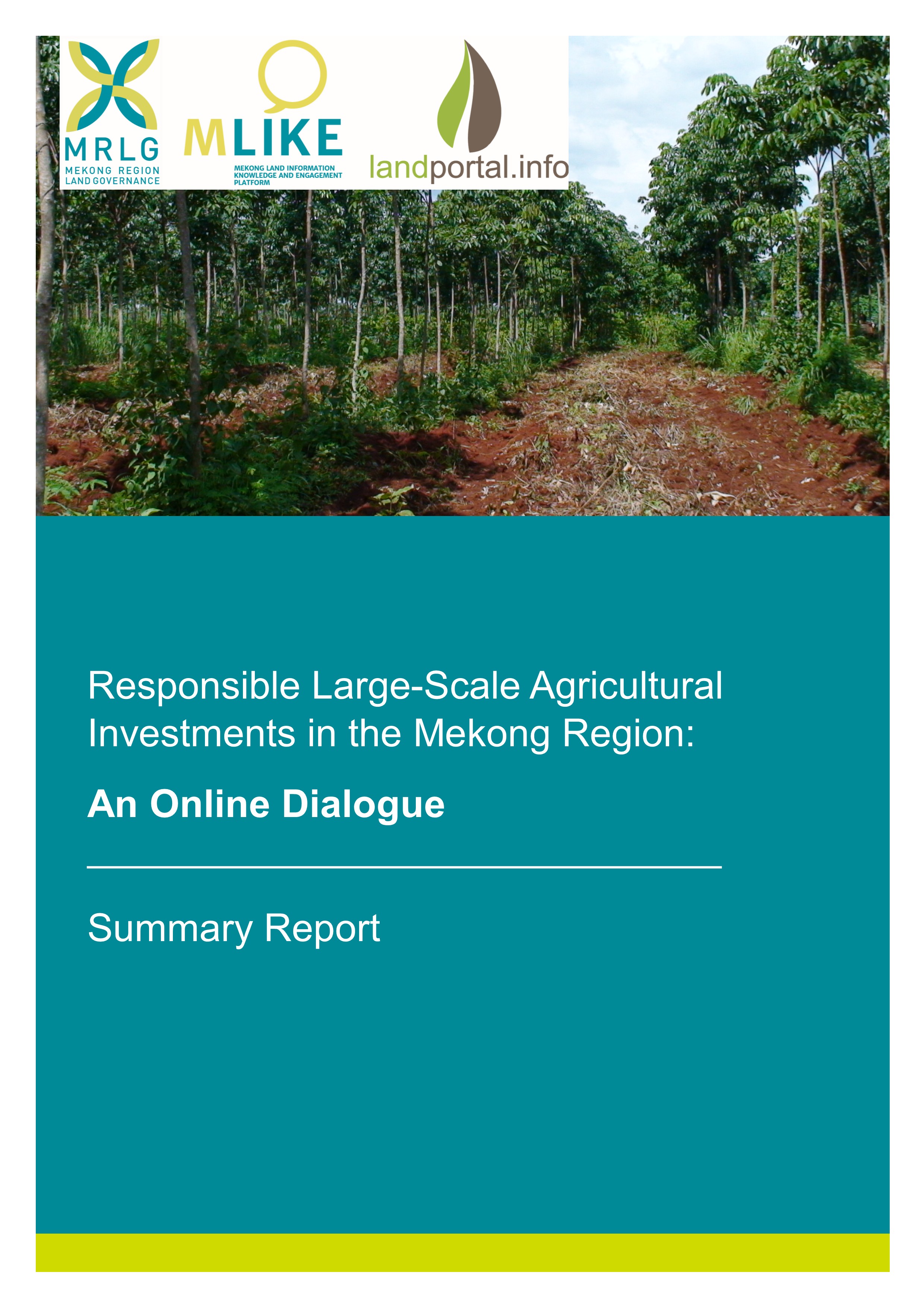Legal frameworks enabling sustainable land-use investment in Mozambique
Mozambique is experiencing increased privatesector investment, to assist in meeting the country’s its development objectives. The government has intensified efforts to attract foreign direct investment, to improve Mozambique’s socioeconomic status and alleviate poverty. However, adequate legal frameworks are necessary to align investments with national priorities and to ensure compliance with environmental and social safeguards.



